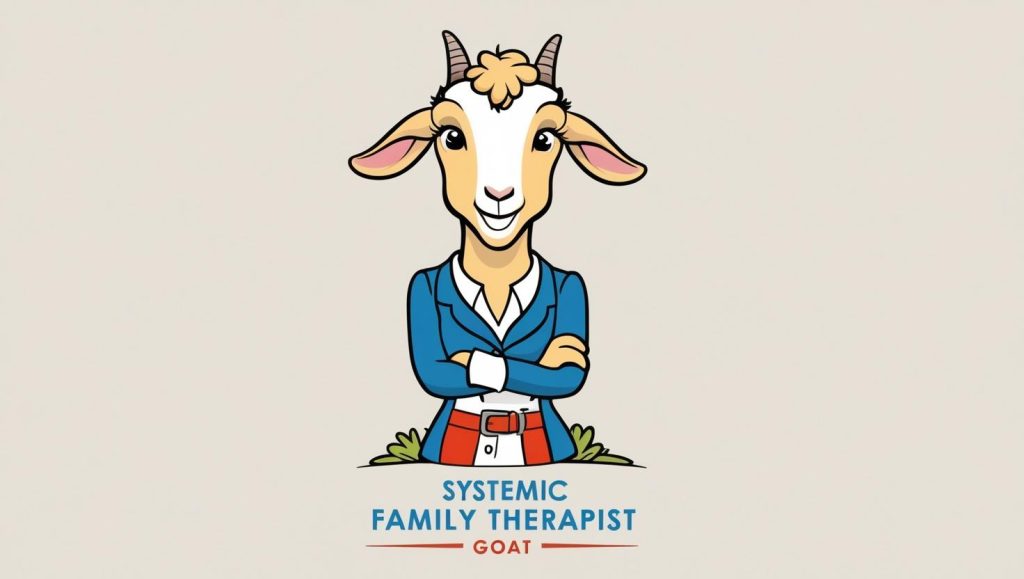
The Philadelphia Child and Family Therapy Training Center is proud to recognize Pinky Patel as a nominee for the 2025 Marion Lindblad-Goldberg (MLG) Award for Trainers. This award honors individuals who have made exceptional contributions to training and mentoring in Ecosystemic Structural Family Therapy (ESFT), fostering growth in professionals dedicated to strengthening families.
A Transformative Trainer and Mentor
For the past four years, Pinky has been a guiding force in the professional development of family therapists, particularly in Nova Scotia Cohort, where she has helped teams move beyond learning an approach to actively practicing it. As a trainer, she skillfully balances expertise with compassion, creating a learning environment where clinicians feel safe to take risks, try new interventions, and receive feedback with an open mind.
Her ability to bridge systems and perspectives makes her an invaluable trainer. Pinky recognizes the differences between treatment models in Canada and the U.S. and fosters collaborative discussions that honor these distinctions while maintaining the integrity of ESFT principles. Her professionalism, patience, and kindness allow her to support teams as they navigate challenges and refine their skills.
A Commitment to Systemic and Trauma-Informed Practice
Pinky’s deep understanding of systemic work enables her to see both the fine details and the broader horizon of treatment for the vulnerable children and families she supports. She is a strong advocate for trauma-informed, inclusive, and anti-oppressive practices, ensuring that treatment approaches align with the diverse needs of the families served.
Her work is particularly impactful in high-risk cases, where she formulates viable treatment strategies for children with complex needs. Through her teaching and supervision, she inspires clinicians to embrace the systemic lens and ecosystemic approach, helping them move beyond isolated interventions to truly transformative family work.
An Inspirational Leader in Training and Supervision
Pinky does more than train—she evokes positive change in the professionals she mentors. She creates space for learning, growth, and reflection, supporting clinicians in developing both their skills and confidence. Beyond structured trainings, she goes the extra mile to ensure that staff feel equipped and empowered to provide the highest level of care to families.
Her impact extends beyond her trainees, as she has inspired others to take on the role of trainer themselves. Through her mentorship, she strengthens not only the individual clinicians she trains but also the future of ESFT training itself.
A Well-Deserved Nomination
Pinky Patel’s dedication to systemic training, mentorship, and clinical excellence makes her a truly deserving nominee for the 2025 Marion Lindblad-Goldberg Award for Trainers. Her ability to cultivate a learning environment that is supportive, challenging, and transformative embodies the very best of ESFT.
Join us in celebrating Pinky’s well-earned recognition and the profound impact she continues to make in the field of family therapy training!






